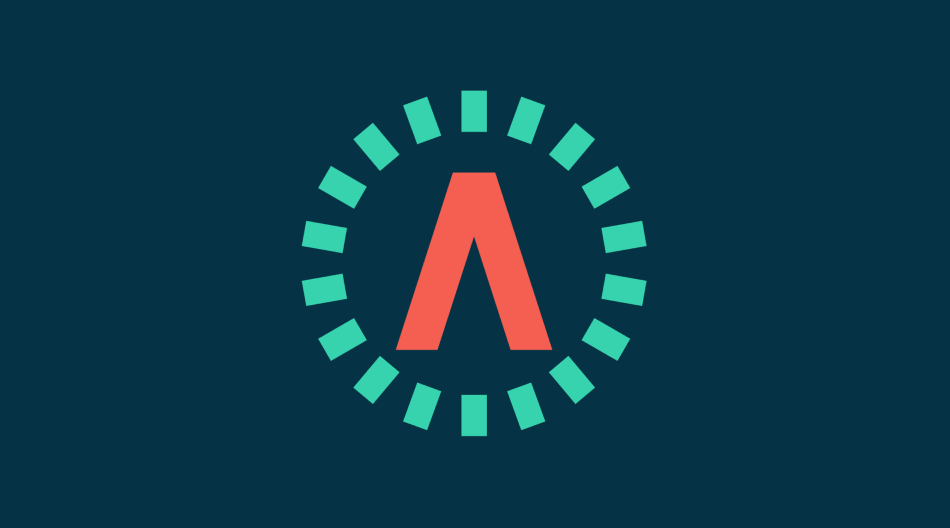
World Disasters Report 2016
SOURCE:IFRCThis World Disasters Report makes the case for a different approach to humanitarian action, one that strives to strengthen the resilience of vulnerable and at-risk communities.

SOURCE:IFRCThis World Disasters Report makes the case for a different approach to humanitarian action, one that strives to strengthen the resilience of vulnerable and at-risk communities.

In 2015, the Start Network members began three collaborative responses to large-scale crises: the Central African Republic (CAR) Refugees in Cameroon Response (Cameroon); the Ebola Preparedness Programme (Guinea Bissau, Mali, Senegal and Ivory…

In 2015, the Start Network members began three collaborative responses to large-scale crises: the Central African Republic (CAR) Refugees in Cameroon Response (Cameroon); the Ebola Preparedness Programme (Guinea Bissau, Mali, Senegal and Ivory…

In 2015, the Start Network members began three collaborative responses to large-scale crises: the Central African Republic (CAR) Refugees in Cameroon Response (Cameroon); the Ebola Preparedness Programme (Guinea Bissau, Mali, Senegal and Ivory…

Thousands (over 8,000) South Sudanese refugees entered north-western Uganda between 12 and 28 January 2016, driven by conflict and food insecurity in their homeland.

SOURCE: CHS Alliance. This report presents the results of the first tracking mechanism of the humanitarian surge response to the Nepal earthquake in 2015.

Examining the information and communication needs of refugess in Greece and Germany

In Nairobi in February 2016, the Humanitarian Leadership Academy co-hosted a global conference, with Kenya Red Cross Society and Start Network, for civil society.

This report, for donors, Network Members and all Start Fund stakeholders, provides evidence on the performance of the Start Fund, and reflections on the challenges we have collectively faced over the last year.

This report captures the learning that is emerging so far from the Disasters and Emergencies Preparedness Programme.